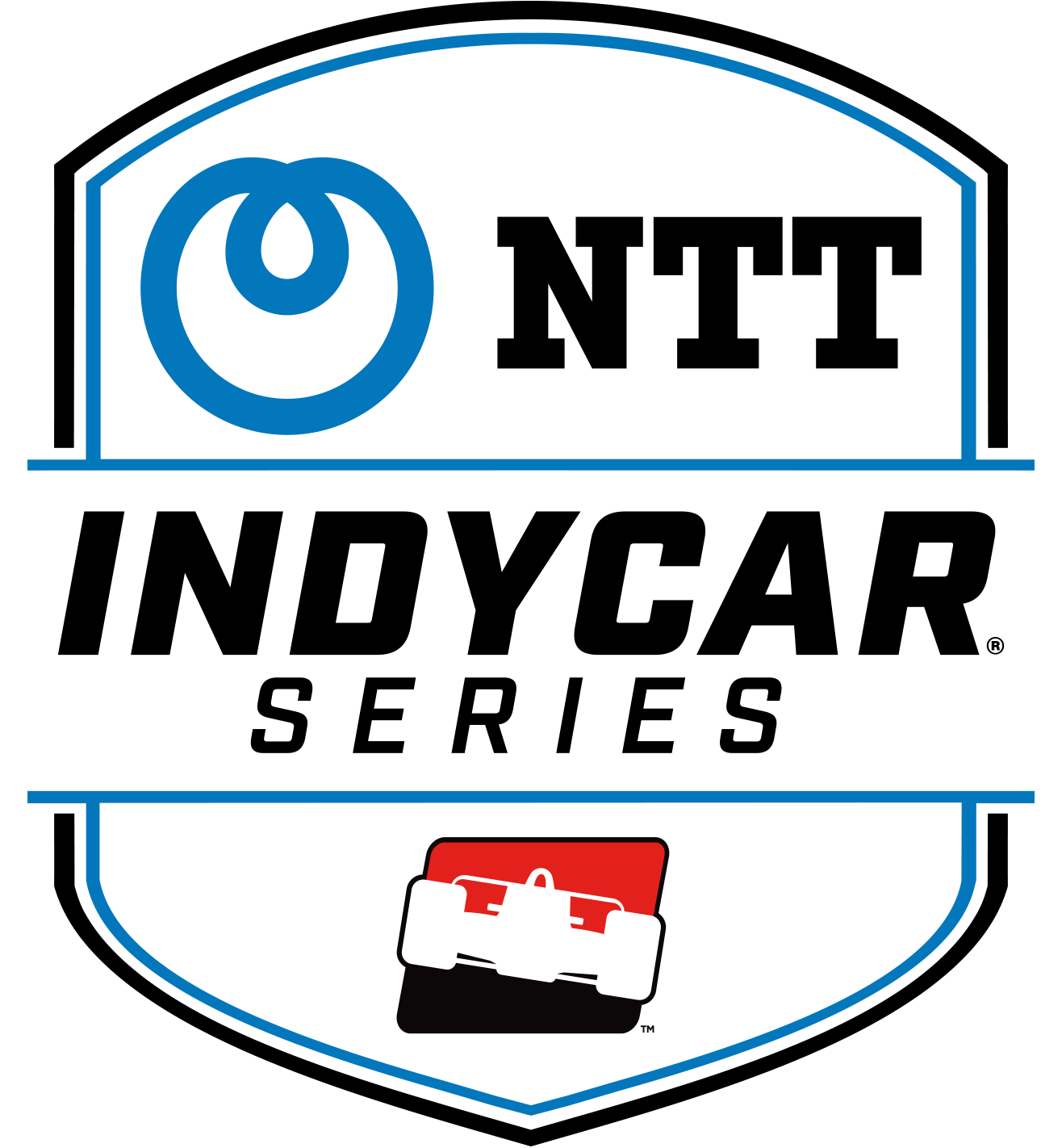Juncos Continues To Adapt during Long Road to Success
OCT 14, 2022
As the U.S. celebrates National Hispanic Heritage Month from Sept. 15-Oct. 15, the NTT INDYCAR SERIES has no better success story than Ricardo Juncos, who recently announced the race team that began in karting with an 8-year-old driver in 2003 will field a pair of full-time cars next year in North America’s top open-wheel category.
Juncos left his native Argentina amid the country’s worst financial collapse, his car repair business losing nearly all of its value in a matter of days as customers failed to pay what they owed and a full liquidation required to offset the bills. Juncos, then in his mid-20s, scrounged up the money for a plane ticket to Miami, where he and his brother, Mariano, arrived with $400 given to them by their grandmother.
“When people ask me how difficult it was (to leave everything behind), I couldn’t have more energy to think about it, to be honest,” Juncos said. “When you have no options in life, you’ve got to do what you’ve got to do, whatever it takes. That’s the approach you take.”
The road to today has been long and trying but certainly productive, and it speaks to the determination and work ethic of Juncos and his wife, Danielle.
Once in Miami, Juncos accepted the first job offered him – in a carpenter’s shop – and began saving money to form a karting team like the one he had back home. Spencer Pigot, then 10 years old, was his second customer, and the business grew to more than 50 drivers combining to win 19 local, regional and national championships before Juncos began focusing on formula cars.
Part of Ricardo Juncos’ success is driven by his vast motorsports experience. He began as a mechanic at age 12 with the team for which his father drove. But when he got older, he didn’t have the money to initially become a driver. So, he focused on school, where he learned the mechanical side of the business, especially as it relates to engine development. To this day, that is where Juncos said he has the most experience.
“I can design a racing engine,” he said.
Juncos, who had a brief stint as a Formula Renault driver, spent two years teaching youngsters the basics of the craft, and in 2009 one of the customers raised the idea of competing in what was then Star Mazda (now Indy Pro 2000). Juncos assembled his resume, which included working a Formula One weekend with Peugeot, and sold the man on the idea of Juncos Competition fielding the car. It worked, with Peter Dempsey finishing second in points that year. Five series championships have followed since 2010 (with Conor Daly, Pigot, Victor Franzini, Rinus VeeKay and Sting Ray Robb driving the cars).
In December 2016, Juncos Racing moved into a new 40,000-square-foot facility it had constructed a few blocks south of Indianapolis Motor Speedway. Six months later, it fielded its first one-off NTT INDYCAR SERIES program with cars driven by Pigot and Sebastian Saavedra in the “500.” In 2019, the small team with big spirit famously helped Kyle Kaiser bump two-time Formula One World Champion Fernando Alonso from the Indianapolis 500 presented by Gainbridge field, and after Juncos added former WilliamsF1 shareholder Brad Hollinger, Juncos Hollinger Racing became a full-time NTT INDYCAR SERIES team with rookie driver Callum Ilott starting at the end of the 2021 season and then 2022.
The team ended the recently completed season – a season with several highlights -- by earning its finest: a front-row start for the Firestone Grand Prix of Monterey at WeatherTech Laguna Seca.
“It was like a race win for us,” Juncos said.
Underway at the team’s shop is a flurry of activity as it plans to enter two cars next year in the NTT INDYCAR SERIES while also returning to Indy Lights, where it has won season titles with Pigot and Kaiser. Juncos oversees all aspects of the organization because he has considerable experience in all of it.
“The marketing side, the administrative side, the legal side, the technical side, the driver’s side,” Juncos said. “In every part, I want it to be the way I like it to be for many reasons.”
Of course, expansion has brought new people with different ideas to the organization, and Juncos’ adaptability from working in the sport in multiple countries has allowed for a nice blend.
“I have these crew members with experience, and they’re (challenging my standard approach),” he said. “It’s ‘Ricardo, be careful (as) this is the way we’ve done it,’ so now it opened my mind. It makes sense. I’m not a dictator. I can’t do things the way I want just because. No.”
Juncos said a strength of Latin Americans is their ability to improvise, and he often thinks back to the advice given to him by his grandfather.
“You never need to worry about (a problem); you fix it,” he said. “You either do things right or you learn, you don’t (worry) about doing something wrong. You just cannot keep doing things wrong.
“So, there’s no room in my mind for wrong, for mistakes. Nobody’s perfect, but it was never a phrase in my mind to fail. I trust myself 100 percent. That doesn’t mean I’m going to be right (all the time). I trust my instincts and if they’re not right we learn from it -- or try to learn. If it’s right, it’s right.”
Juncos looked around at the hustle and bustle of the work being done in the shop and smiled.
“So far it’s good,” he said.






















